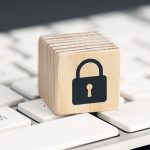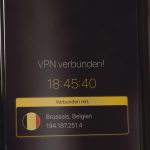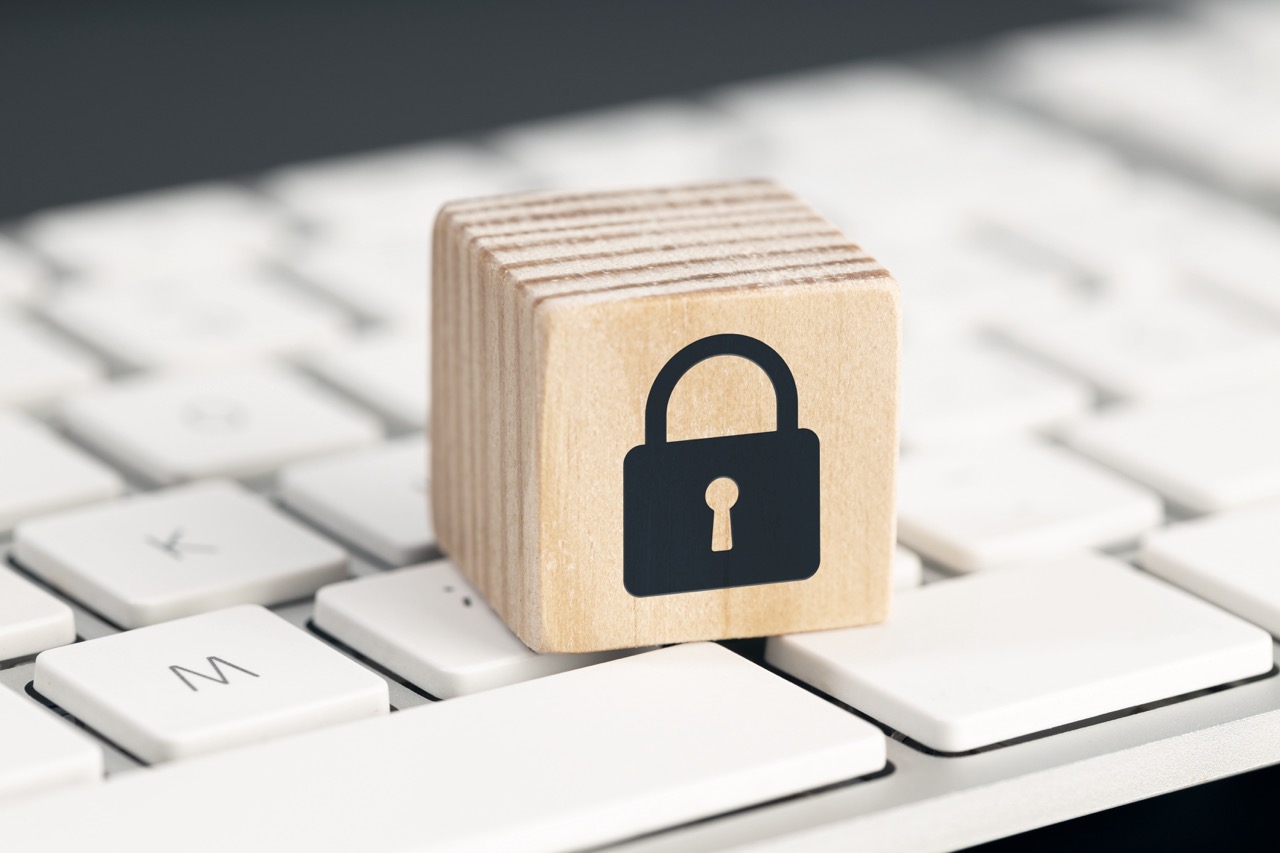In an era where digital surveillance and data breaches threaten personal privacy, virtual private networks (VPNs) have emerged as essential tools for individuals seeking to protect their online activities. This is particularly true for whistleblowers, who often face significant risks when reporting unethical or illegal activities within organizations. VPNs enable anonymous communication by encrypting internet traffic and masking users’ IP addresses. This article explores how VPNs support anonymous whistleblowing, highlighting their role in digital privacy protection, the importance of anonymity for whistleblowers, and best practices for utilizing these tools effectively.
Understanding the Role of VPNs in Digital Privacy Protection
VPNs act as a secure tunnel between a user’s device and the internet, ensuring that data transmitted over the network remains confidential. By routing internet traffic through a private server, VPNs mask the user’s IP address, making it difficult for third parties to trace online activities back to the individual. This is especially crucial for whistleblowers, who often engage in sensitive communications that could expose them to retaliation or legal consequences.
Moreover, VPNs prevent unauthorized entities, such as hackers or government agencies, from intercepting online data. By encrypting all information exchanged between the user and the VPN server, these networks provide a robust layer of security against eavesdropping. This encryption is vital for whistleblowers who may wish to communicate with journalists, legal representatives, or advocacy groups without fear of being monitored.
Additionally, VPNs can bypass regional restrictions and censorship, enabling users to access information and resources that may be blocked in their geographical locations. This is particularly relevant for whistleblowers operating in countries with oppressive regimes, where freedom of speech is curtailed, and accessing independent news sources can be challenging. By using a VPN, they can securely share their findings and seek support from global networks committed to transparency and accountability.
The Importance of Anonymity for Whistleblowers Today
Anonymity is paramount for whistleblowers, as the risks associated with exposing wrongdoing can be severe. Without proper safeguards, individuals may face retaliation from employers, harassment, or even legal repercussions. In many cases, whistleblowers work within hierarchical organizations where the power dynamics can be intimidating. Maintaining anonymity allows them to speak out about unethical practices without the fear of personal repercussions.
The rise of digital platforms for reporting misconduct has created new avenues for whistleblowers. However, the same technology that enables communication can also lead to vulnerability. Cybersecurity threats, such as hacking and phishing attempts, can target individuals who dare to voice concerns. By leveraging VPN technology, whistleblowers can protect their identities and ensure that their communications remain confidential, thereby reducing the likelihood of detection.
Furthermore, anonymity fosters a culture of accountability and transparency within organizations. When individuals feel secure in reporting wrongdoings without fear of exposure, it encourages more people to come forward. This collective courage can lead to significant changes within organizations, as systemic issues are addressed and rectified. Thus, the role of anonymity in whistleblowing is not just protective; it is also transformative in promoting ethical behavior in various sectors.
How VPNs Encrypt Data to Secure Whistleblower Communications
VPNs utilize advanced encryption protocols to safeguard data transmitted over the internet. Common encryption standards, such as OpenVPN, IKEv2/IPSec, and L2TP/IPSec, ensure that data is scrambled before being sent through the network. This means that even if a malicious actor intercepts the data, they would only see an unintelligible string of characters, rendering the information useless.
In addition to encryption, VPNs also employ tunneling protocols that encapsulate data packets, creating a secure communication channel. This method prevents data from being exposed to external threats as it travels between the user’s device and the VPN server. For whistleblowers, this level of security is critical, as they might be sharing sensitive information about corporate malfeasance or illegal activities that could have serious implications if leaked.
Furthermore, many reputable VPNs offer features like a kill switch, which automatically disconnects the user from the internet if the VPN connection drops. This ensures that sensitive data does not inadvertently get exposed during a lapse in the secure connection. Such features enhance the overall security for whistleblowers, allowing them to focus on their mission of accountability rather than worrying about the safety of their communications.
Selecting the Right VPN for Reliable Anonymity and Security
Choosing the right VPN is crucial for ensuring effective protection and anonymity for whistleblowers. Factors such as the VPN provider’s jurisdiction, logging policies, and encryption standards should be carefully evaluated. Providers operating in privacy-friendly jurisdictions, such as the Netherlands or Switzerland, are often more reliable in safeguarding user data against government surveillance.
Moreover, a no-logs policy is essential for any VPN service aimed at protecting whistleblowers. This means that the provider does not store any information about the user’s online activities, ensuring that there is no data to be handed over to authorities in case of a legal inquiry. Whistleblowers must research and select VPNs that explicitly state their commitment to user privacy and their operational practices concerning data retention.
Finally, assessing the VPN’s speed, reliability, and ease of use is also important. Whistleblowers may need to share large files or engage in real-time communication, so selecting a VPN that balances security with performance is key. User reviews and independent audits can provide valuable insights into the effectiveness of a VPN, helping whistleblowers make informed decisions about their digital privacy tools.
Best Practices for Using VPNs in Whistleblowing Scenarios
To maximize the effectiveness of VPNs in whistleblowing scenarios, users should adopt a series of best practices. Firstly, it is vital to always connect to the VPN before engaging in any communication related to whistleblowing. This ensures that all data is encrypted from the outset, reducing the risk of exposure. Failing to activate the VPN before sharing sensitive information can lead to unintended breaches of privacy.
Secondly, whistleblowers should be cautious about the information they share online, even when using a VPN. Combining the use of secure communication channels, such as encrypted email services or secure messaging applications, with a VPN can further enhance anonymity. It is essential to understand that while a VPN provides a layer of security, it does not eliminate all risks associated with online communication.
Lastly, using multi-factor authentication (MFA) for any accounts related to whistleblowing activities can provide an additional layer of protection. MFA requires users to verify their identity through multiple means, making unauthorized access more difficult. Whistleblowers should also regularly update their passwords and be aware of phishing schemes that may target them due to their sensitive activities. By following these best practices, whistleblowers can significantly bolster their safety while pursuing their mission.
Legal Implications of Whistleblowing and VPN Usage Explained
Whistleblowing is often a legally protected act, designed to encourage individuals to report misconduct without fear of retaliation. However, the legal landscape surrounding whistleblowing varies significantly between jurisdictions. In some countries, laws explicitly protect whistleblowers from employer retaliation, while in others, these protections are limited or nonexistent. Understanding local laws is essential for whistleblowers, as it informs them of their rights and the potential risks involved in speaking out.
Using a VPN does not absolve whistleblowers of legal liabilities, particularly if they engage in unlawful activities or breach confidentiality agreements. While a VPN can protect their identity during the reporting process, it is important for whistleblowers to ensure that the information they disclose is accurate and truthful. Misrepresentation of facts can lead to serious legal consequences, including defamation claims or criminal charges.
Additionally, while VPNs enhance privacy, they may not always protect users from legal scrutiny. Authorities may still pursue investigations against whistleblowers, especially if they suspect wrongdoing or if the whistleblower is associated with a larger conspiracy. Therefore, it is advisable for individuals considering whistleblowing to consult with legal professionals who specialize in whistleblower protections to understand the implications of their actions and the role of VPNs in safeguarding their anonymity.
As digital privacy concerns continue to grow, VPNs have become indispensable tools for individuals looking to engage in secure and anonymous whistleblowing. By understanding the role of VPNs in protecting digital privacy, recognizing the importance of anonymity, and following best practices for secure usage, whistleblowers can significantly mitigate the risks they face. However, it is equally important to navigate the legal implications surrounding whistleblowing and VPN usage carefully. With the right tools and knowledge, whistleblowers can champion transparency while safeguarding their identities in the process.










